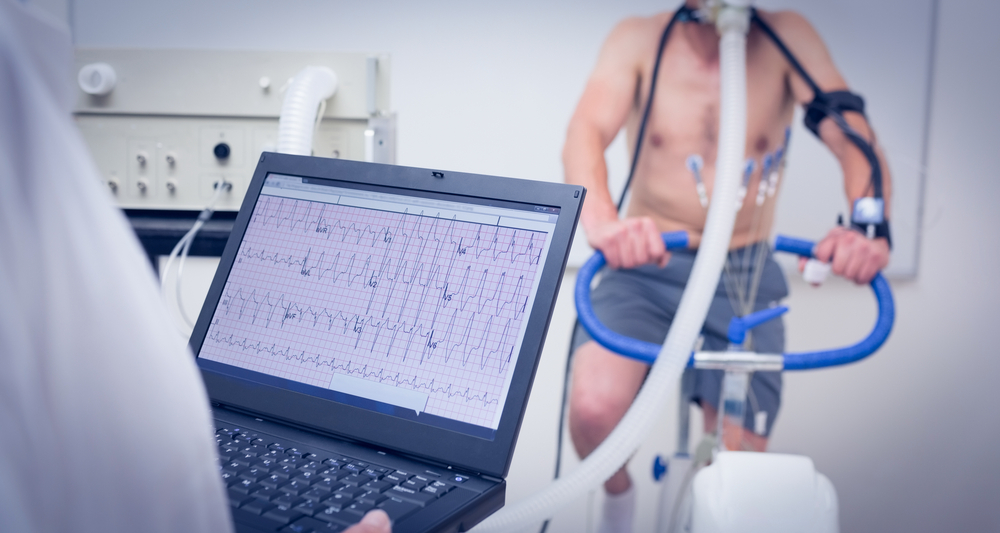Austranada
New Member
- Joined
- Nov 26, 2019
- Messages
- 9
- Reaction score
- 0
Just wondering what the specialties are like and the pathway/schooling required, as well as other details like lifestyle, workload, types of patients, etc. Really any information would be great. When researching myself I primarily find information on North American PM&R instead of rehab medicine and I'm not sure if the two are directly comparable? I know the RACP Australasian Faculty of Rehabilitation Medicine says they've adapted their general outline of the specialty from the American Academy of Physical Medicine and Rehabilitation, but is the specialty itself the same in most other aspects as PM&R? Here's where I found the information relating to Rehab medicine toPM&R:
 www.racp.edu.au
www.racp.edu.au
I also couldn't find too much information on Primary Care Sports Medicine in Australia either. From what I found, at least in North America, people tend to do the FM > SM, or PM&R > SM route, with the workload/lifestyle being comparable to FM or PM&R and a slightly higher salary? However from what I've found, in Australia you can just go into sports medicine after completing PGY3, from what I've read here:

 ama.com.au
ama.com.au
So would anyone be able to clarify the pathway for these specialties, the type of work you do, how they compare to their North American counterparts, and any other details?
Australasian Faculty of Rehabilitation Medicine
The Australasian Faculty of Rehabilitation Medicine (AFRM) is a Faculty of the Royal Australasian College of Physicians (RACP). AFRM provides training and continuing education for Rehabilitation Medicine Fellows and trainees throughout all stages of their career.
I also couldn't find too much information on Primary Care Sports Medicine in Australia either. From what I found, at least in North America, people tend to do the FM > SM, or PM&R > SM route, with the workload/lifestyle being comparable to FM or PM&R and a slightly higher salary? However from what I've found, in Australia you can just go into sports medicine after completing PGY3, from what I've read here:

Sport and Exercise Medicine
So would anyone be able to clarify the pathway for these specialties, the type of work you do, how they compare to their North American counterparts, and any other details?
